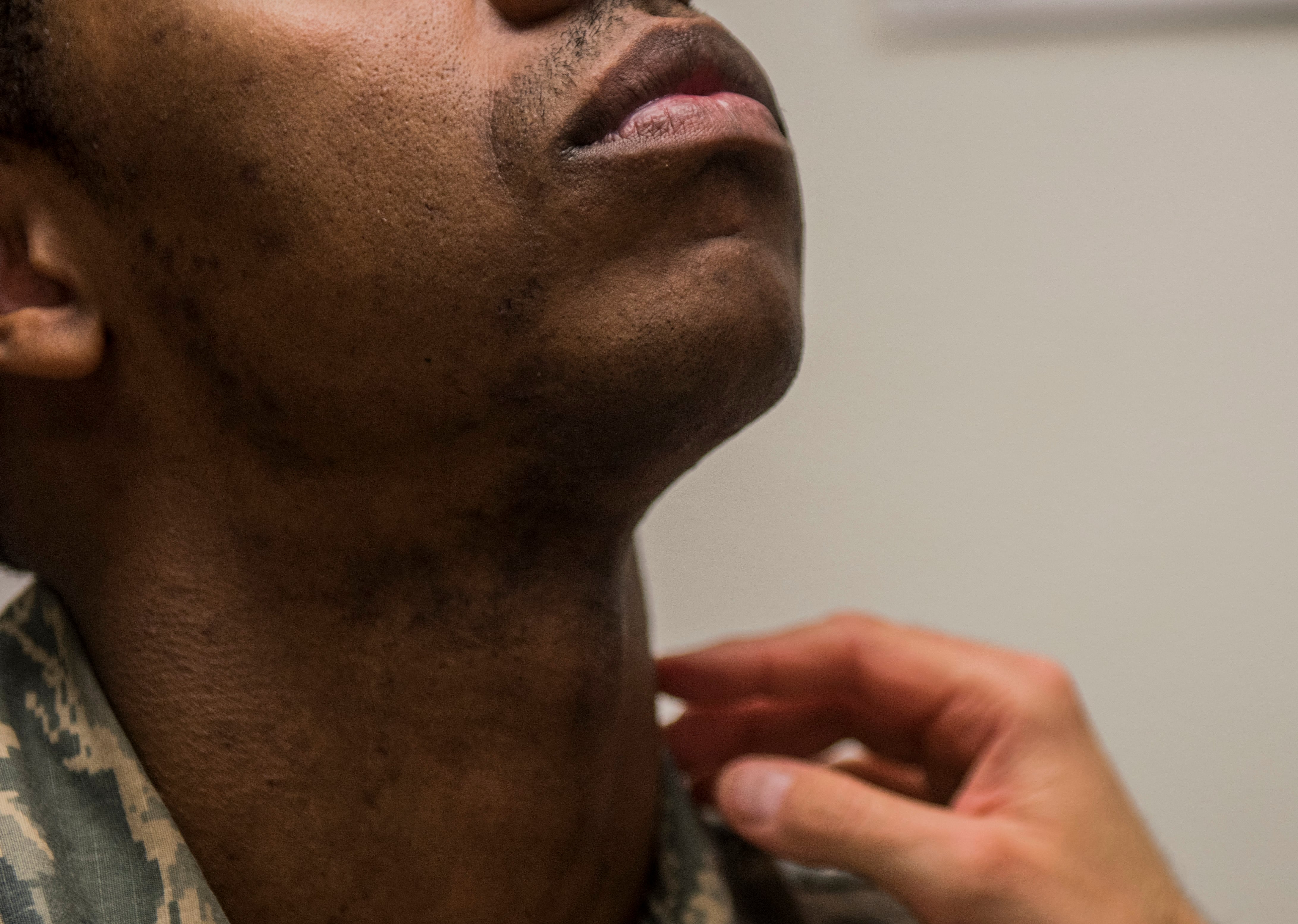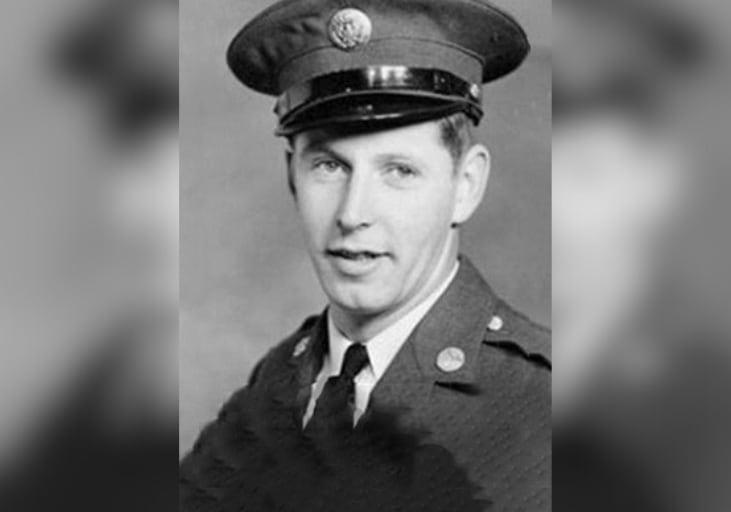Congress is set to order the Air Force to study whether it can establish a pilot program that would allow airmen and guardians to grow beards.
The proposed compromise National Defense Authorization Act, which was released on Saturday, would require the Air Force secretary to brief Congress on the feasibility and advisability of such a pilot program by April 1.
The Air Force currently bars airmen and guardians from growing beards, except for those who have a shaving waiver for medical or religious reasons.
Some troops have a facial medical condition called pseudofolliculitis barbae, which leaves them with chronic razor bumps and painful ingrown hairs when routinely shaving. The American Osteopathic College of Dermatology says this condition can affect up to 60% of Black men, and they can risk permanent scarring by shaving.
The Air Force in 2020 began granting five-year medical waivers allowing troops with such a condition to grow short beards, up from the one-year waivers the service previously granted.
The service also grants waivers for airmen and guardians who grow beards as part of their religion, including Sikh, Jewish, Muslim and Norse Heathen troops. Those waivers allow airmen and guardians to grow beards up to two inches long.
Some airmen and guardians who do not qualify for either waiver have vocalized support in favor of growing beards, but the Department of the Air Force has not yet moved to broaden its shaving policies.
As part of the beard study, the compromise NDAA would require the Air Force to tell the House and Senate armed services committees whether beards would work with military equipment such as gas masks, which need an airtight seal against the wearer’s face to be effective.
Lawmakers also want the Air Force to assess what effect beards might have on discipline, morale and unity in the ranks, and whether allowing beards would improve inclusivity.
Additionally, the Air Force would have to identify any negative perception or bias that service members with beards might encounter, and note how it would mitigate those biases, the NDAA said.
A July 2021 study in a medical journal found that airmen who had beards due to shaving waivers were passed over for promotion or other opportunities more often than clean-shaven airmen.
The House’s original version of the NDAA would have required the Air Force to set up a beard pilot program, but the Senate’s version did not. The House provision was dropped from the final bill.
Stephen Losey is the air warfare reporter for Defense News. He previously covered leadership and personnel issues at Air Force Times, and the Pentagon, special operations and air warfare at Military.com. He has traveled to the Middle East to cover U.S. Air Force operations.





